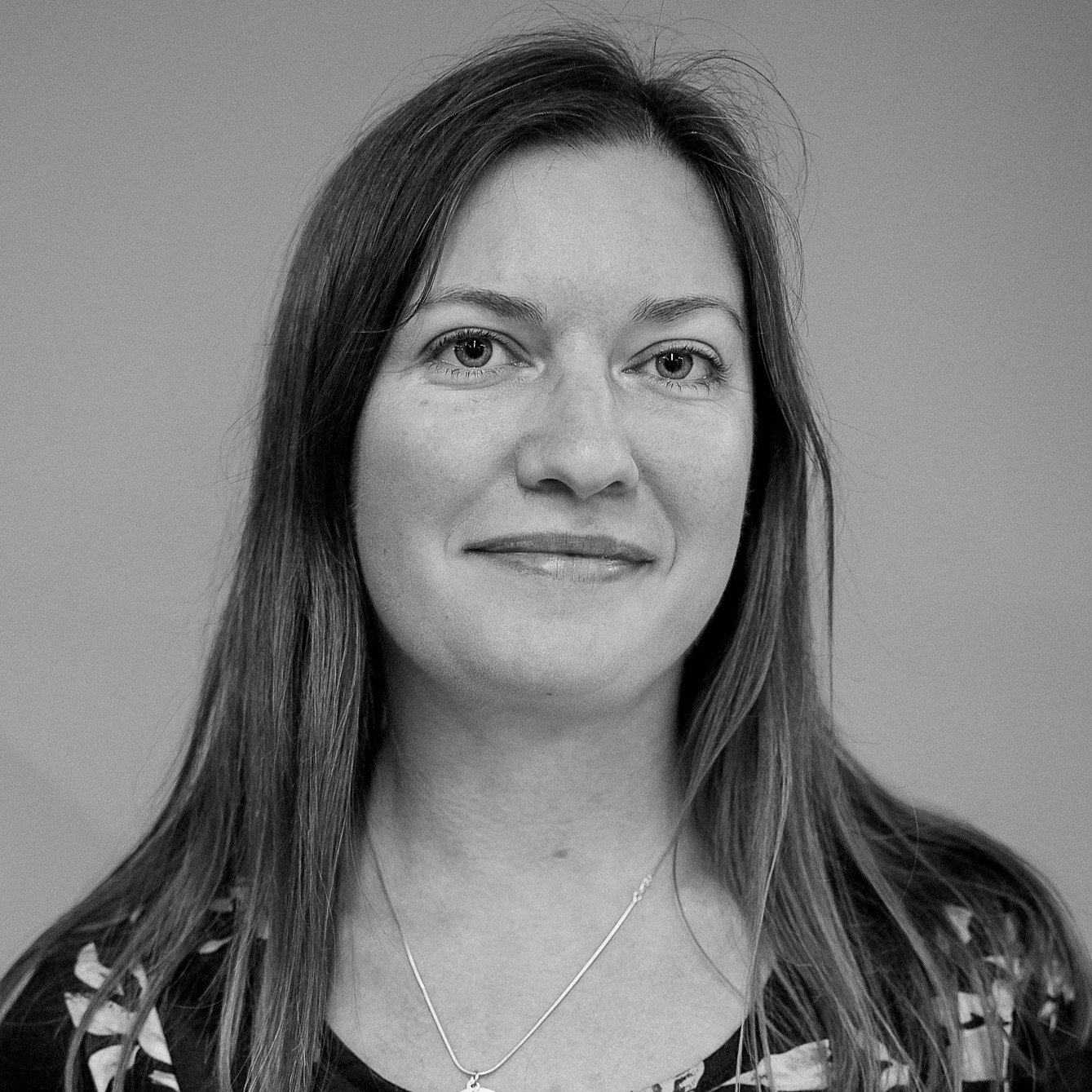Converting between Units (Cambridge (CIE) IGCSE Maths) : Revision Note
Converting Units
How do I convert units of lengths?
For metric units, conversion can be done by simply multiplying or dividing by powers of 10
You need to know the basic conversions for length
1 cm = 10 mm
1 m = 100 cm
1 km = 1000 m
You need to decide whether to multiply or divide by the conversion factor
Ask, does the number of units increase or decrease?
The number of mm is 10 times bigger than the number of cm so mm = cm × 10
You can do the conversion in stages
First convert kilometres into metres then metres into centimetres
How do I convert units of mass?
For metric units, conversion can be done by simply multiplying or dividing by powers of 10
You need to know the basic conversions for mass
1 g = 1000 mg
1 kg = 1000 g
1 tonne = 1000 kg
How do I convert units of volume/capacity?
For metric units, conversion can be done by simply multiplying or dividing by powers of 10
You need to know the basic conversions for capacity
1 litre = 100 cl = 1000 ml
1 cl = 10 ml
You must know the basic conversion between volume and capacity
1 ml = 1 cm3
1 litre = 1000 ml = 1000 cm3
1 m3 = 1000 litres
Worked Example
Convert
(a) 54 cm to mm
1 cm = 10 mm
54 cm = (54 × 10) mm = 540 mm
540 mm
(b) 12 300 cm to km
First convert from cm to m
100 cm = 1 m
12 300 cm = (12 300 ÷ 100) m = 123 m
Now convert from m to km
1000 m = 1 km
123 m = (123 ÷ 1000) km = 0.123 km
0.123 km
(c) 485 g to kg
1000 g = 1 kg
485 g = (485 ÷ 1000) kg
0.485 kg

You've read 0 of your 5 free revision notes this week
Sign up now. It’s free!
Did this page help you?

